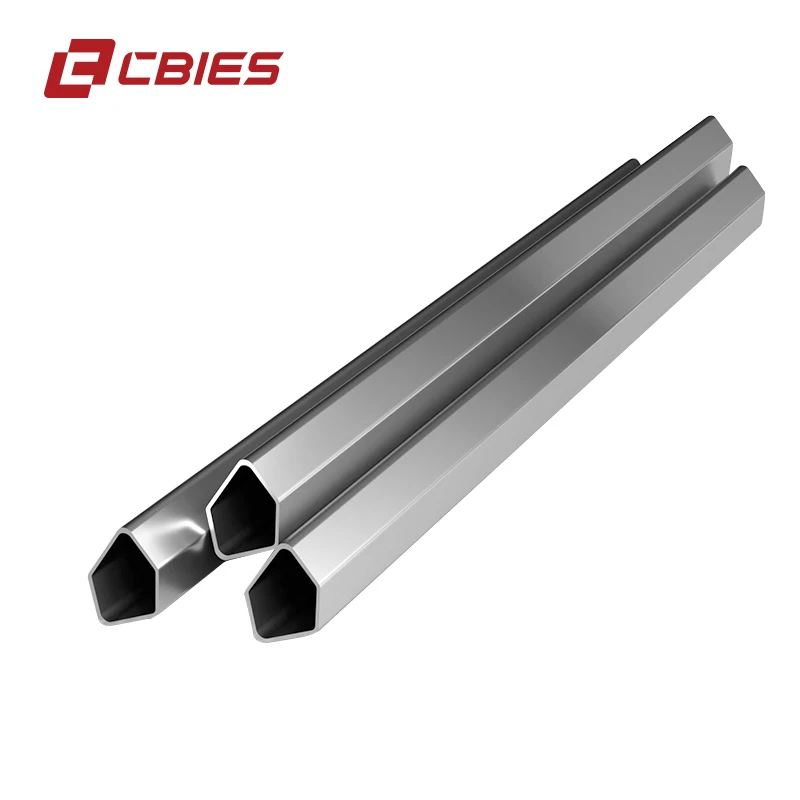
Precision Steel Tube Manufacturers An Insight into the Industry
In today's manufacturing landscape, the demand for precision-engineered components is at an all-time high. Among these components, precision steel tubes play a pivotal role across various industries, including automotive, aerospace, construction, and manufacturing. As a result, precision steel tube manufacturers have emerged as key players in the market, offering products that meet strict tolerances and specifications.
What Are Precision Steel Tubes?
Precision steel tubes are characterized by their tight dimensional tolerances, superior surface finish, and high-quality materials. Unlike standard steel tubes, these components are produced using advanced techniques that ensure uniformity, strength, and durability. Manufacturers often utilize methods like cold drawing, hydroforming, and seamless tube manufacturing to achieve the desired specifications.
The application of precision steel tubes spans several sectors. In the automotive industry, they are commonly used in hydraulic systems, fuel lines, and structural components due to their ability to withstand high pressures and extreme conditions. In the aerospace sector, precision tubes are crucial for fuel systems, landing gear, and various structural applications, where safety and reliability are paramount. Construction and manufacturing sectors also rely on precision tubes for their versatile use in scaffolding, framework, and machinery.
Key Characteristics of Precision Steel Tubes
1. Dimensional Accuracy Precision tubes are manufactured to specific measurements, often dictated by particular engineering standards. This level of accuracy is essential in applications where fit and performance are critical.
2. Surface Finish The surface quality of precision tubes is often superior to that of standard tubes. A fine surface finish helps reduce friction in moving parts, increases corrosion resistance, and improves the overall aesthetic.
3. Material Quality High-grade steel alloys are often used in the production of precision tubes, ensuring that they can withstand harsh environments and mechanical stress without deformation or failure.
4. Customizability Many manufacturers offer custom solutions tailored to the specific needs of their clients. This includes various dimensions, wall thicknesses, shapes, and finishes to meet the unique requirements of different applications.

The Manufacturing Process
The production of precision steel tubes involves several key steps. Initially, a high-quality steel billet is selected and processed through a series of activities including heating, extrusion, or rolling. Following this initial stage, precision forming techniques such as cold drawing or pilgering are employed. These processes not only shape the tubes but also improve their mechanical properties by refining the grain structure of the steel.
After forming, extensive quality control measures are implemented. This may include non-destructive testing (NDT) methods such as ultrasonic testing, eddy current testing, or X-ray inspection to identify any potential defects in the tubes. Once the tubes pass inspection, they may be subjected to additional treatments like annealing or surface finishing to enhance their performance characteristics.
The Role of Technology
The adoption of advanced technology in the manufacturing of precision steel tubes has revolutionized the industry. Computer Numerical Control (CNC) machinery and automation have increased production speed and accuracy, while simulation software allows manufacturers to predict how materials will behave under different conditions. Additionally, Industry 4.0 technologies, such as IoT (Internet of Things) and AI (Artificial Intelligence), are paving the way for smarter manufacturing processes, leading to improved product quality and operational efficiency.
Challenges Faced by Manufacturers
Despite the advancements, precision steel tube manufacturers encounter a variety of challenges. The fluctuation in raw material prices can impact production costs significantly. Additionally, increasing regulatory pressure regarding environmental practices requires manufacturers to adopt sustainable methods, which may involve significant investment. The need for workforce training to keep pace with technological progress is also a significant concern.
Conclusion
Precision steel tube manufacturers play a crucial role in ensuring that industries have access to reliable and high-quality components. Their ability to adapt to technological advancements and respond to market demands will determine their future success. As industries continue to evolve, the importance of precision steel tubes in critical applications makes it imperative for manufacturers to uphold the highest standards of quality, innovation, and sustainability. In this competitive environment, those who can effectively meet the challenges and harness new technologies will thrive, solidifying their position as leaders in the precision engineering sector. The future is bright for precision steel tube manufacturing, and its impact will continue to resonate across various industries for years to come.